AeroGenie — Your Intelligent Copilot.
Trending
Categories
Boeing Introduces Virtual Training Tools for Pilots
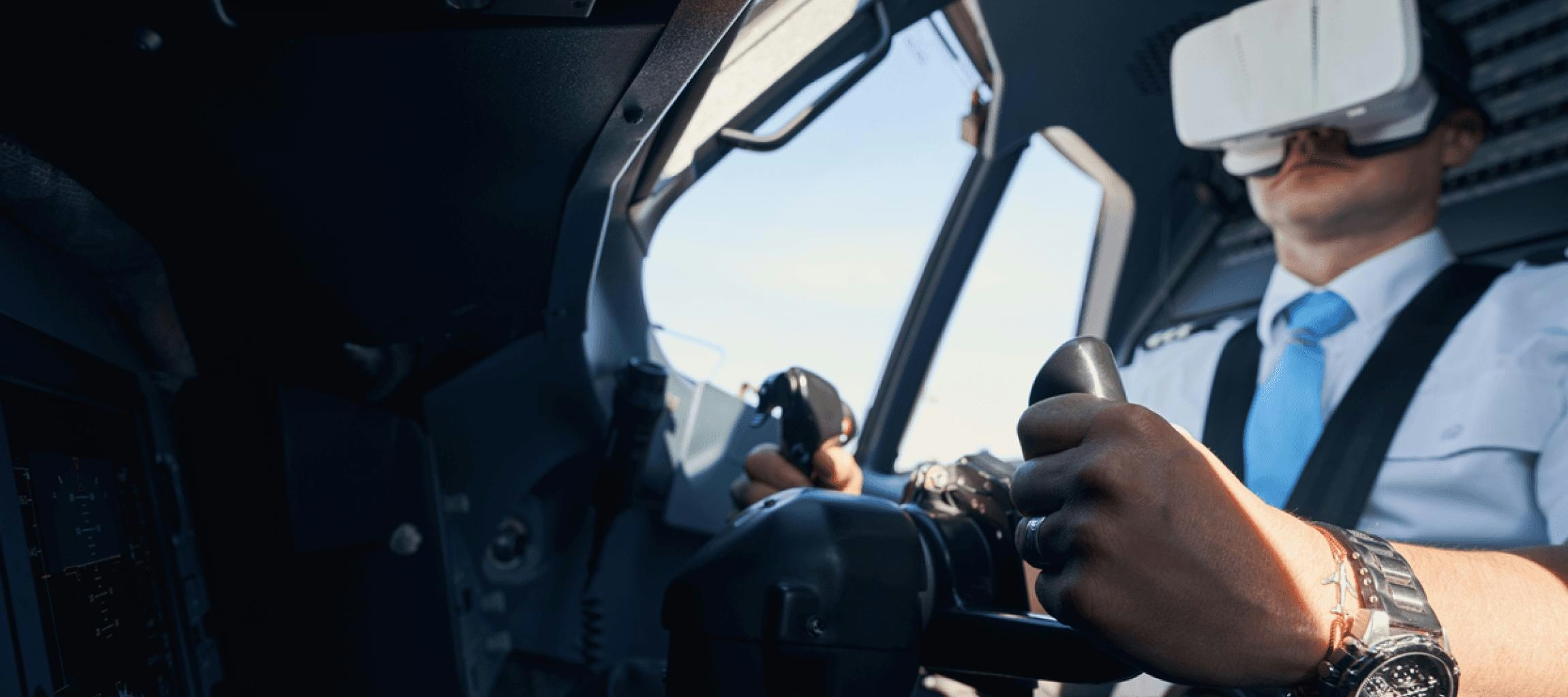
Boeing Launches Virtual Training Platform to Revolutionize Pilot Education
Boeing has introduced its Virtual Airplane Procedures Trainer (VAPT), a cutting-edge digital platform designed to transform pilot training. Unveiled at the European Aviation Training Summit, the VAPT was developed in collaboration with Microsoft and is powered by Microsoft Azure and Microsoft Flight Simulator. The platform offers pilots and flight training teams immersive and customizable tools aimed at enhancing learning outcomes and operational readiness.
Advancing Pilot Training Through Digital Innovation
Chris Raymond, Chief Executive Officer of Boeing Global Services, highlighted the significance of the new software, stating that it will fundamentally change the timing and methods by which pilots and operators train, providing much-needed flexibility. He emphasized that the platform exemplifies Boeing’s dedication to leveraging the latest technologies to improve service offerings and customer outcomes.
The Procedures Trainer represents the inaugural application within Boeing’s broader Virtual Airplane suite. It delivers high-fidelity 3D simulations accessible on lightweight devices, enabling pilots to engage with realistic flight-deck scenarios. This approach is intended to standardize training processes, reduce the time required for familiarization with traditional simulators, and enhance pilot readiness prior to transitioning to full flight training devices.
A notable feature of the platform is its intuitive authoring tool, which allows training operators to create, customize, and distribute lessons efficiently across their programs. This capability enables airlines to promptly update or introduce new procedures to their pilot cohorts, supporting both individual skill development and organizational training objectives.
Chris Broom, Vice President of Boeing Global Services, Commercial Training Solutions, underscored the company’s commitment to safety and adaptability. He noted that Virtual Airplane empowers pilots to refine their skills while allowing training operators to tailor lessons to meet diverse individual and organizational requirements.
Dayan Rodriguez, Corporate Vice President of Manufacturing and Mobility at Microsoft, affirmed Microsoft’s dedication to enhancing pilot confidence and safety through accelerated learning. He described the partnership with Boeing as a step forward in advancing the future of flight by empowering the professionals at its core.
Challenges and Industry Implications
Despite its promise, Boeing’s venture into virtual pilot training faces several challenges. The deployment of such advanced digital tools demands substantial investment in technology and infrastructure. Ensuring the accuracy and reliability of the simulations is paramount, as is overcoming potential resistance from industry professionals accustomed to conventional training methods. Some stakeholders remain skeptical about whether virtual training can fully replicate the effectiveness of established approaches.
The introduction of VAPT is expected to prompt competitors, including other aircraft manufacturers and training providers, to accelerate the development of their own virtual training solutions. Furthermore, Boeing’s collaboration with Microsoft raises important considerations regarding data security and privacy, as the aviation sector closely monitors the management and protection of sensitive training information.
Currently, the Virtual Airplane platform is available on computers and iPad devices for the Boeing 737 MAX, with plans to extend support to additional Boeing models in the near future. As the aviation industry continues to evolve, Boeing’s digital training initiative marks a significant shift in pilot preparation and training methodologies.
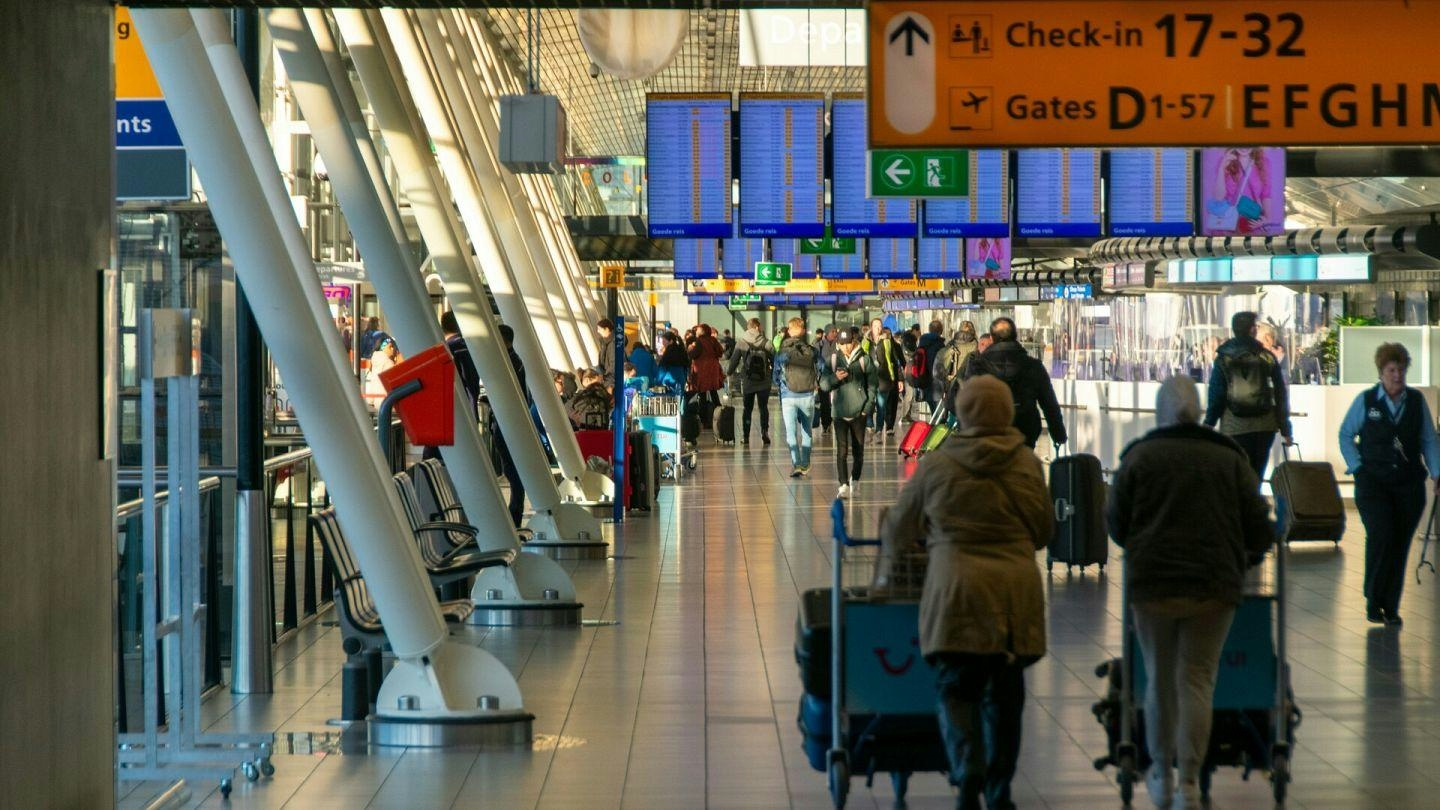
Tallinn Airport Ranks 31st in Europe’s Top 50 Airports for 2026
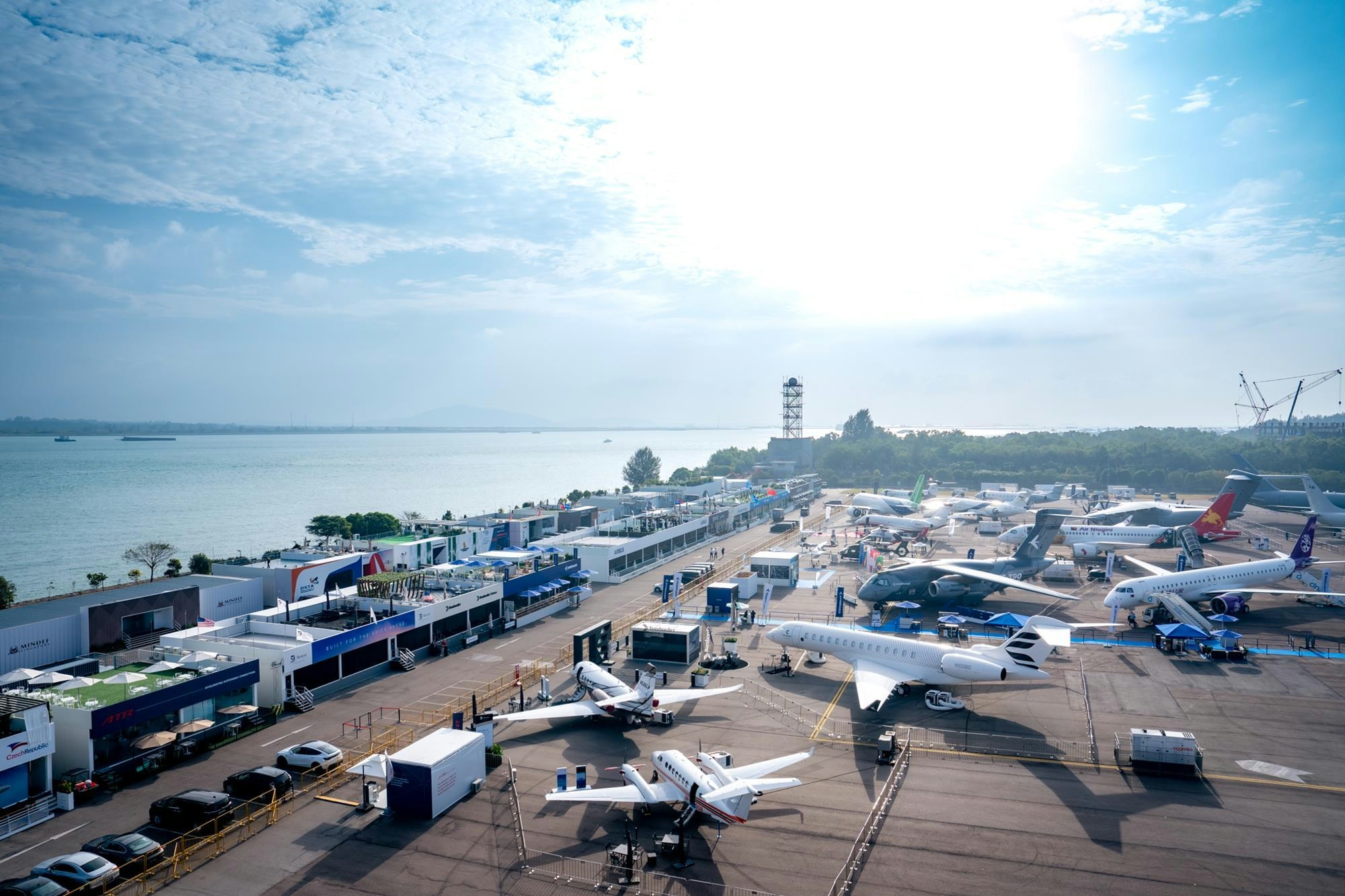
Singapore Airshow Marks 20 Years as Asia-Pacific Shapes Aerospace Industry
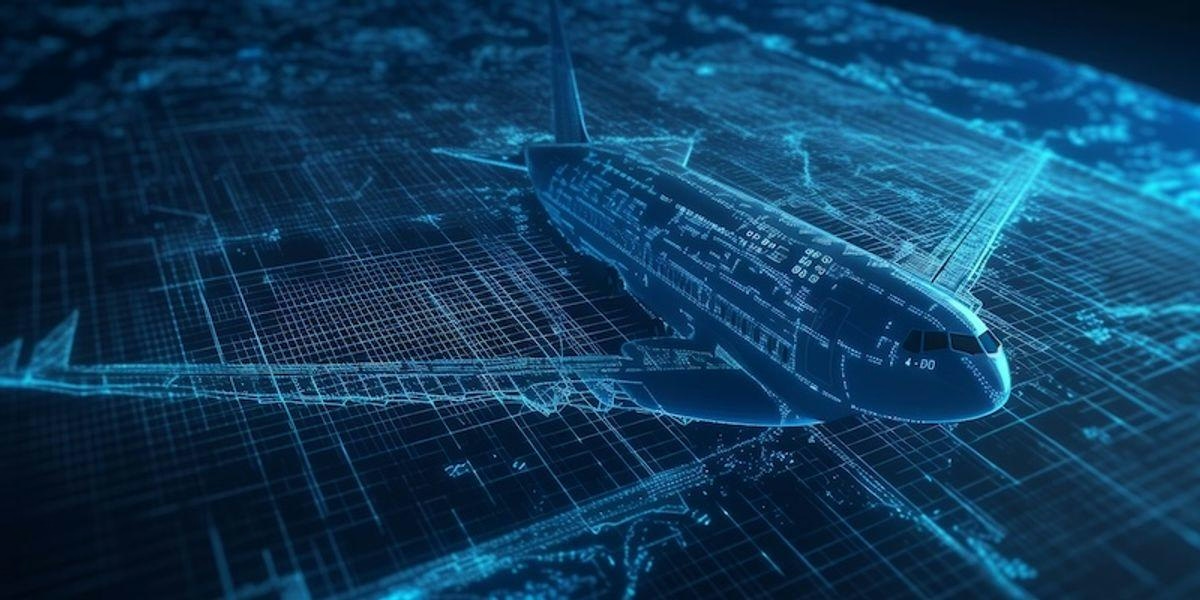
Airlines Take Cautious Steps Toward AI Adoption

China Eastern Airlines Partners with Alibaba on AI Collaboration
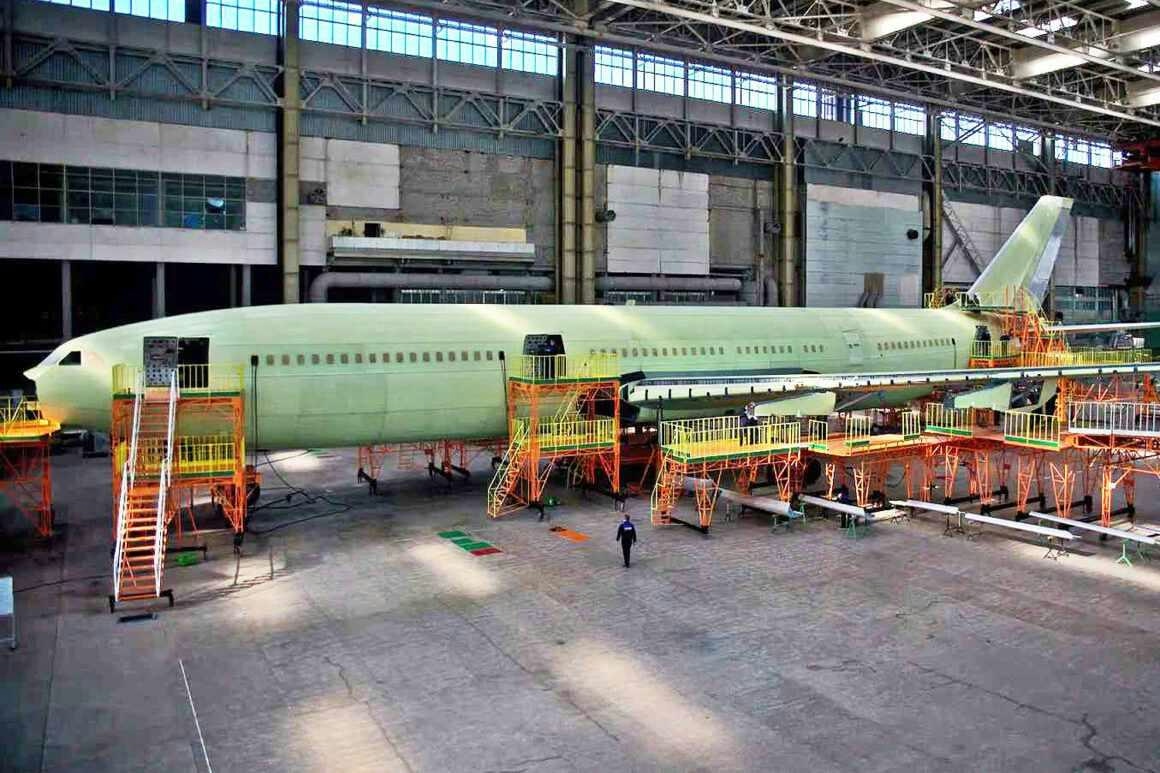
Russia Conducts Maiden Flight of Il-96-400M, Its Largest Widebody Aircraft
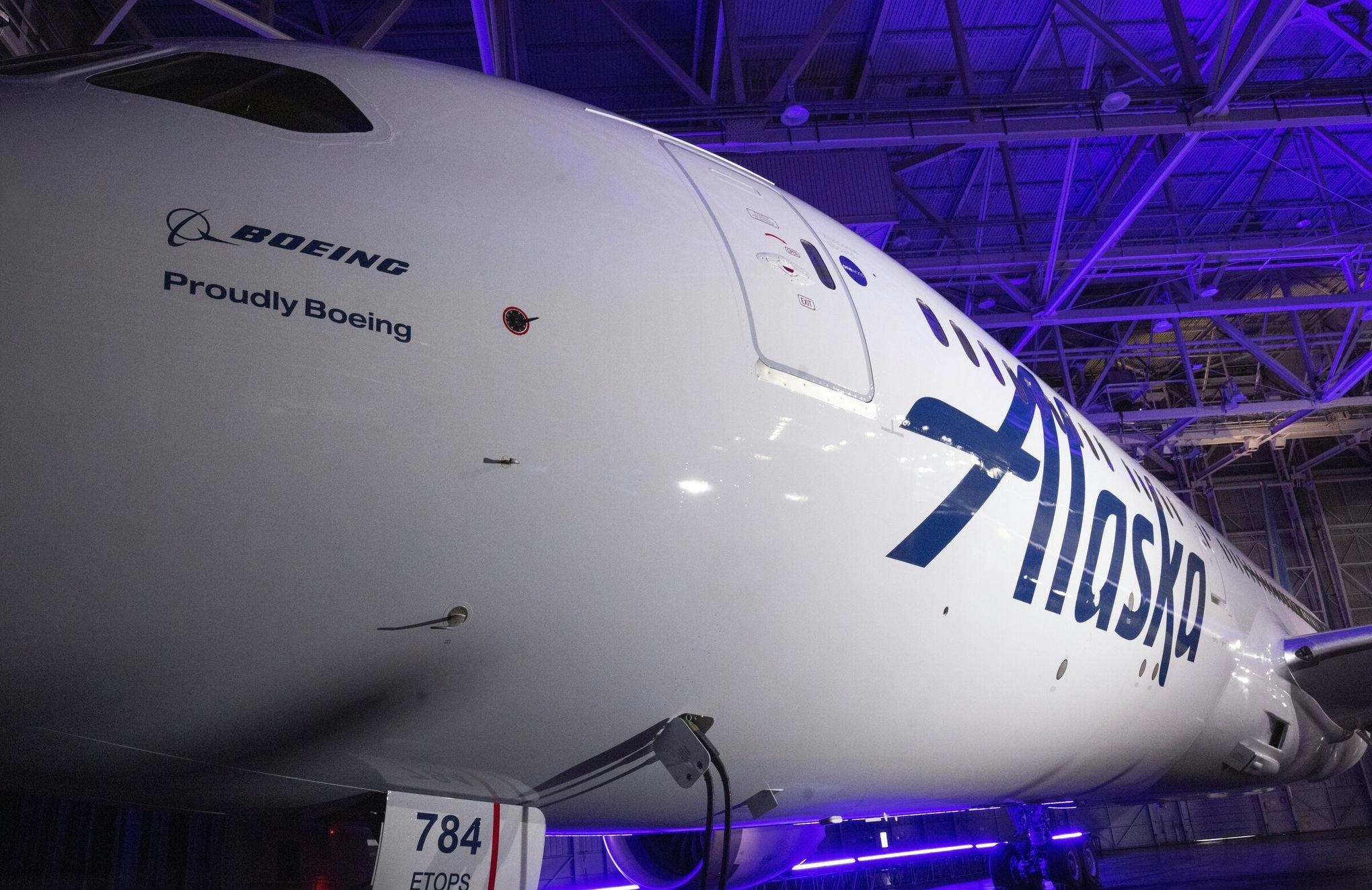
Airbus and Boeing Report January 2026 Aircraft Orders and Deliveries
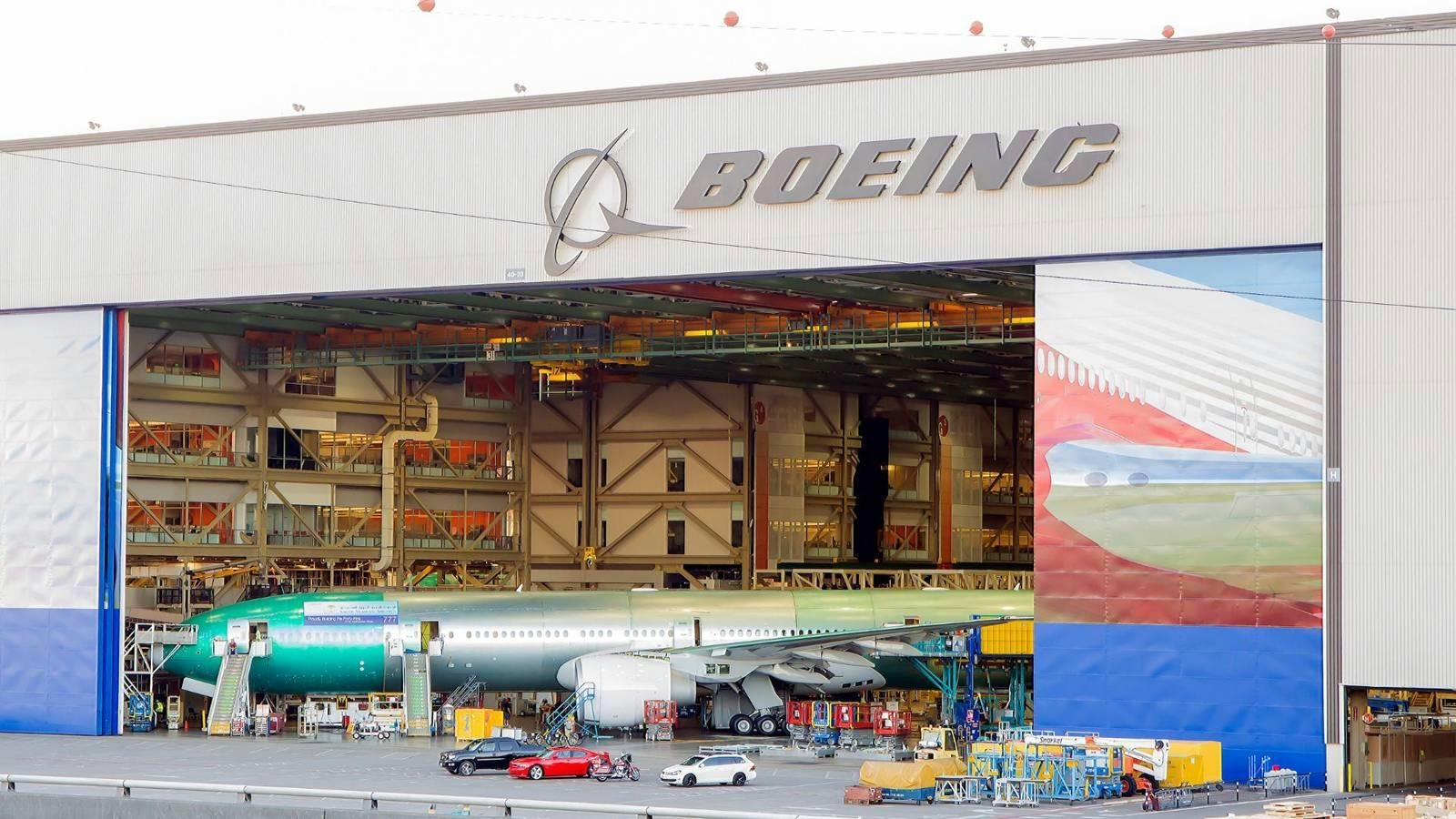
Boeing Outpaces Airbus in January Aircraft Deliveries and Orders
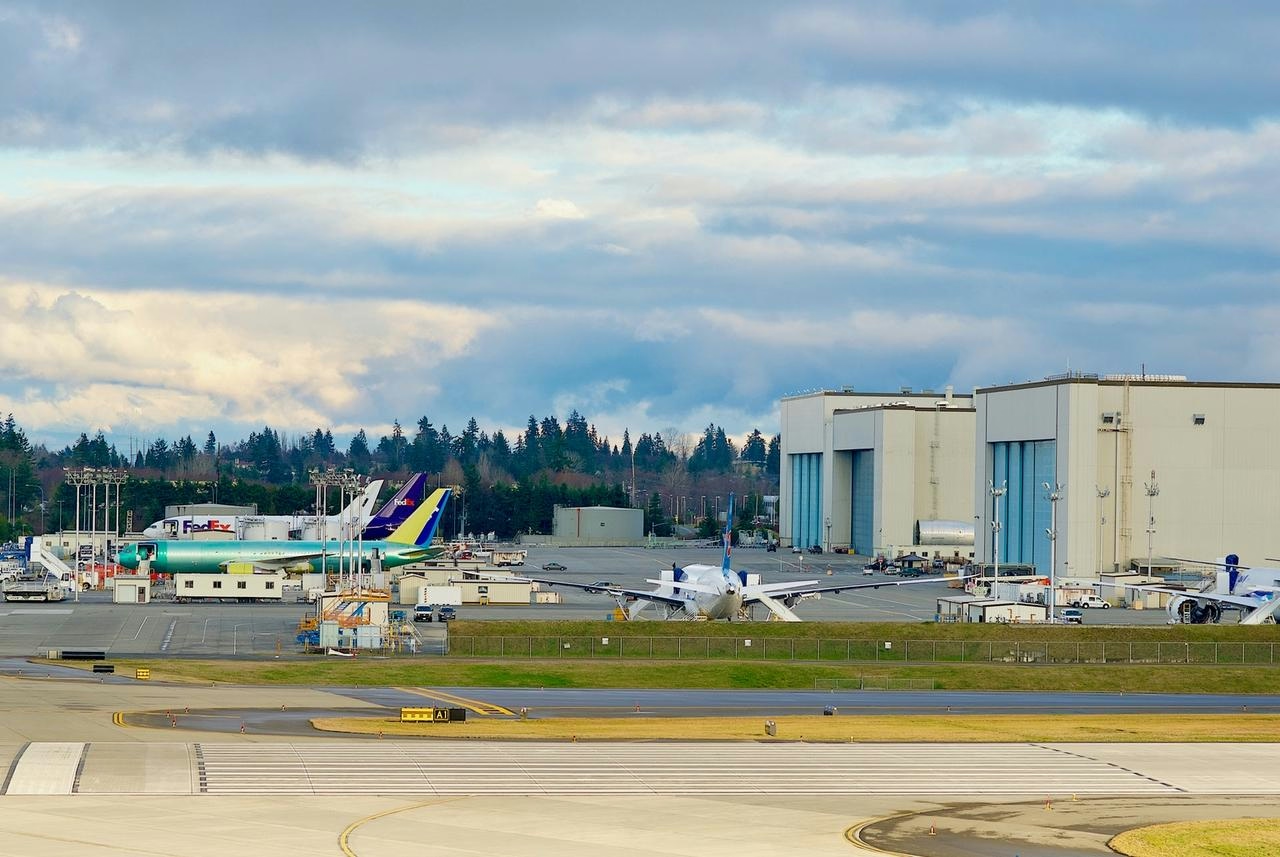
Boeing Delivers 46 Aircraft in January

Pratt & Whitney Canada PT6A Engines Surpass 100,000 Flight Hours on Saudi Air Force PC-21 Trainers

PROS Names Bhaskara Rao Guntreddy Senior Vice President of Product
